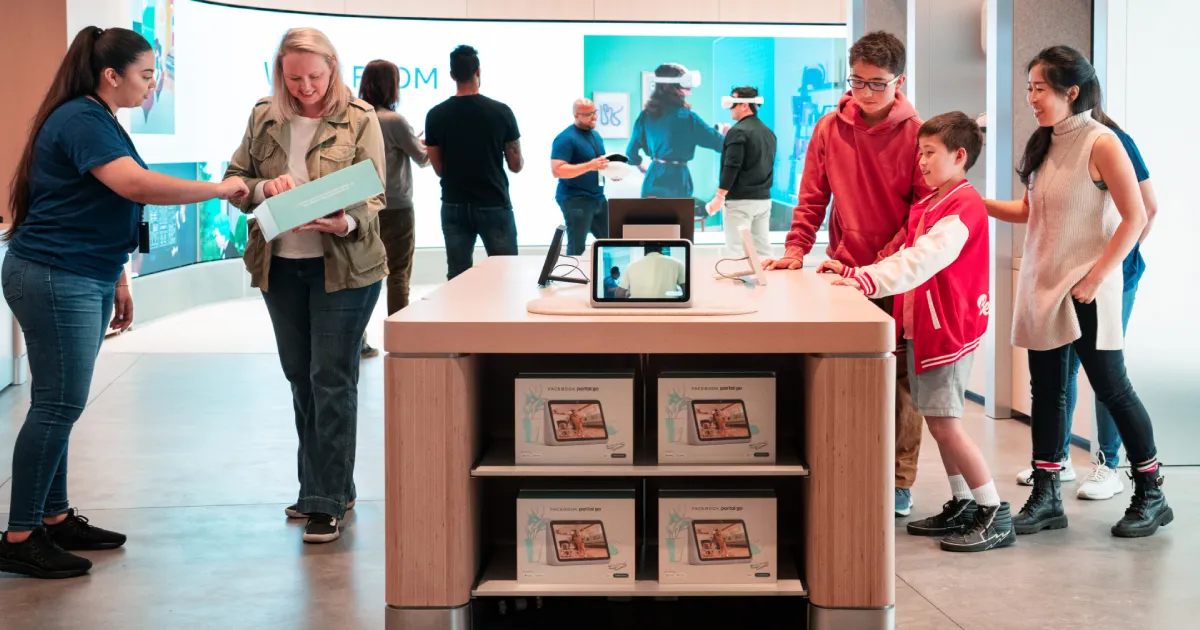Meta plans to open more physical stores

Meta is preparing to make a significant move into brick-and-mortar retail, following a strategy that may mirror Apple’s global store presence. The company is developing plans to open physical stores and hire retail employees, marking a strategic shift aimed at boosting sales of its hardware products like Meta Quest headsets and Ray-Ban Meta Smart Glasses.
From a Single Store to a Wider Network
Currently, Meta operates just one permanent retail space: the Meta Store located at its Burlingame, California, campus, which opened in 2022. The store serves as an experiential hub, allowing customers to try out Meta’s virtual reality and smart eyewear products. Last year, Meta also tested the waters with a pop-up shop in Los Angeles, dubbed Meta Lab, dedicated to smart glasses.
Though the exact number of stores and timeline remain unclear, the initiative reflects a growing commitment to hardware as a cornerstone of the company’s long-term vision.
A Hardware Push Backed by Retail
Meta’s move into physical retail is driven in part by the company’s desire to increase visibility and accessibility for its consumer hardware. Meta sold over 1 million smart glasses last year—a promising start, according to CEO Mark Zuckerberg, but still far from a breakthrough. In an all-hands meeting earlier this year, Zuckerberg acknowledged the milestone but cautioned that the product line still had much to prove. He noted that 2025 would be critical in determining whether Meta’s smart glasses would evolve into a “really prominent computing platform.”
Meta CTO Andrew Bosworth emphasized that 2025 is focused on "driving sales, retention, and engagement." He added that the company plans to launch six more AI-powered wearables this year.
Eyeing an Apple-Like Experience
Meta’s retail ambitions bear a resemblance to Apple’s strategy of offering customers a hands-on experience through a global network of more than 500 stores. By offering consumers the opportunity to try out devices in person, Meta may be seeking to overcome the hesitation many shoppers feel about investing in emerging technologies like smart glasses and VR headsets.
The move signals a broader strategy to anchor Meta’s hardware business not just in innovation—but in physical retail presence, too. If successful, the expansion could mark a pivotal moment in Meta’s bid to transition from a social media company to a full-fledged consumer tech brand.





